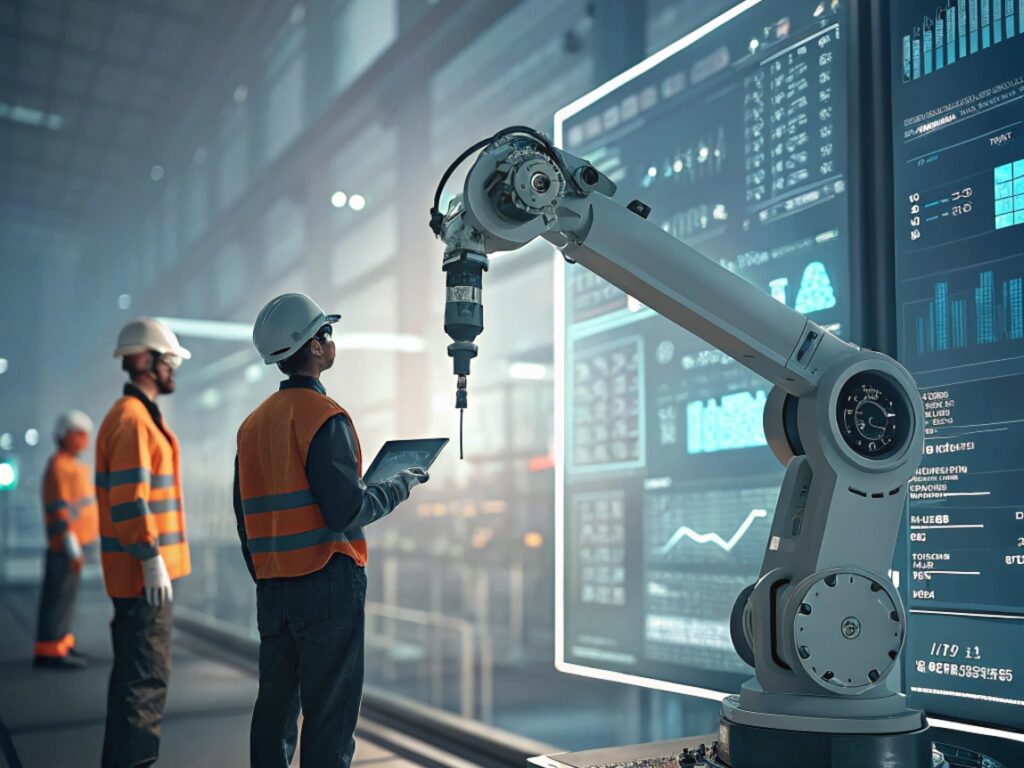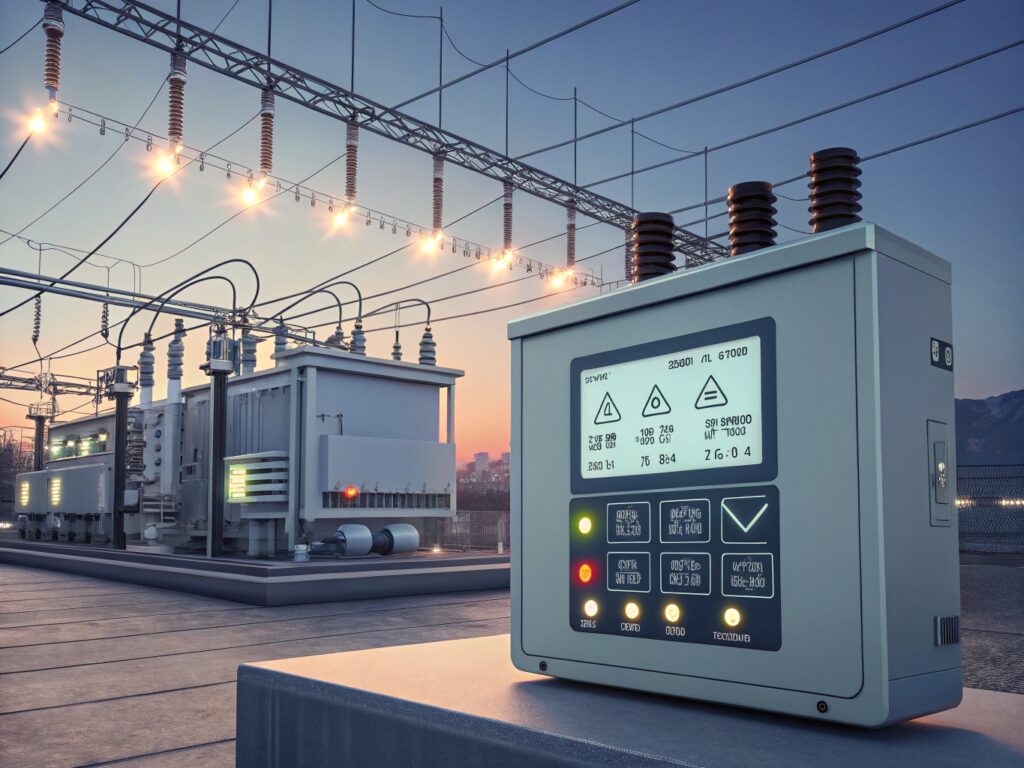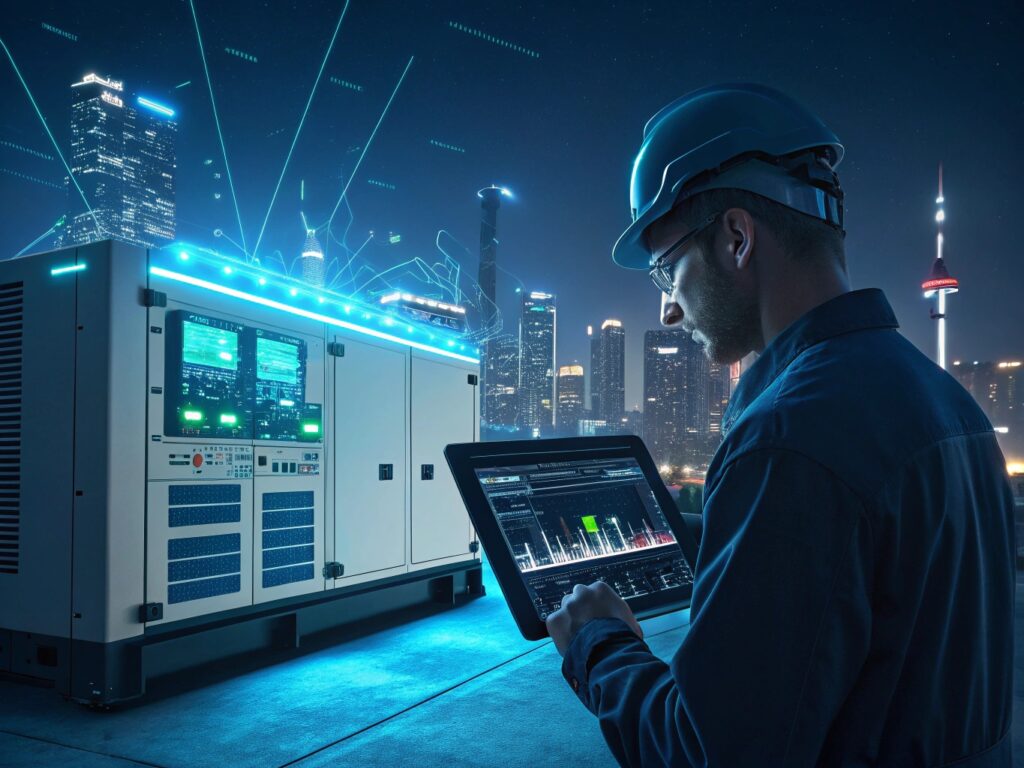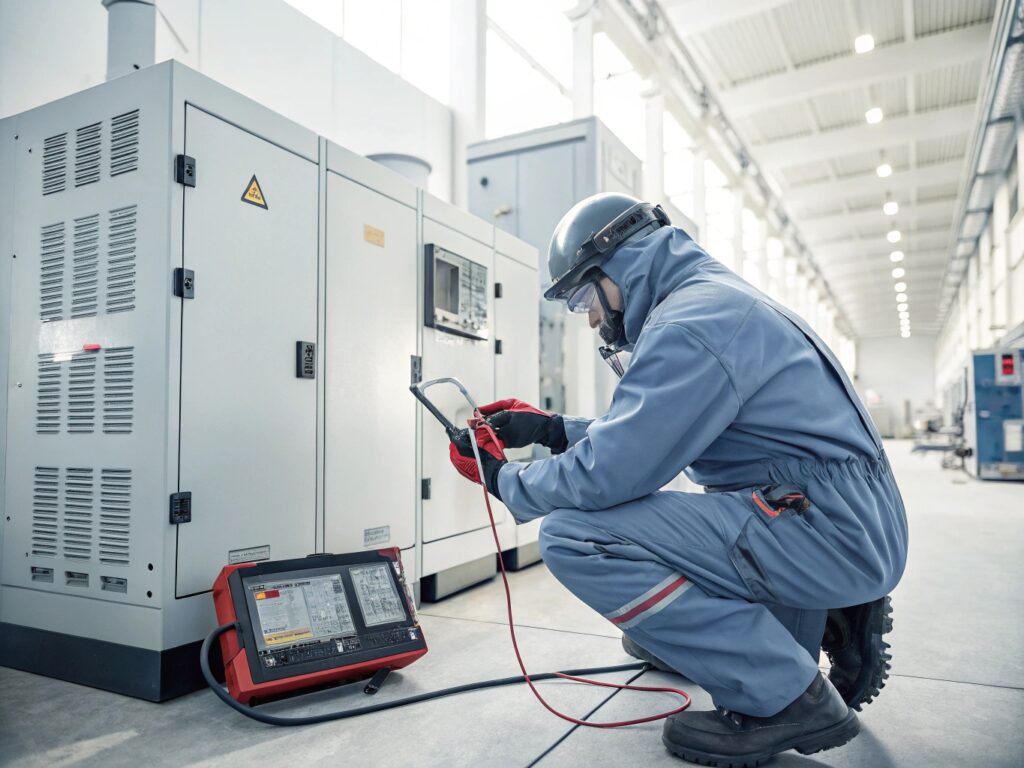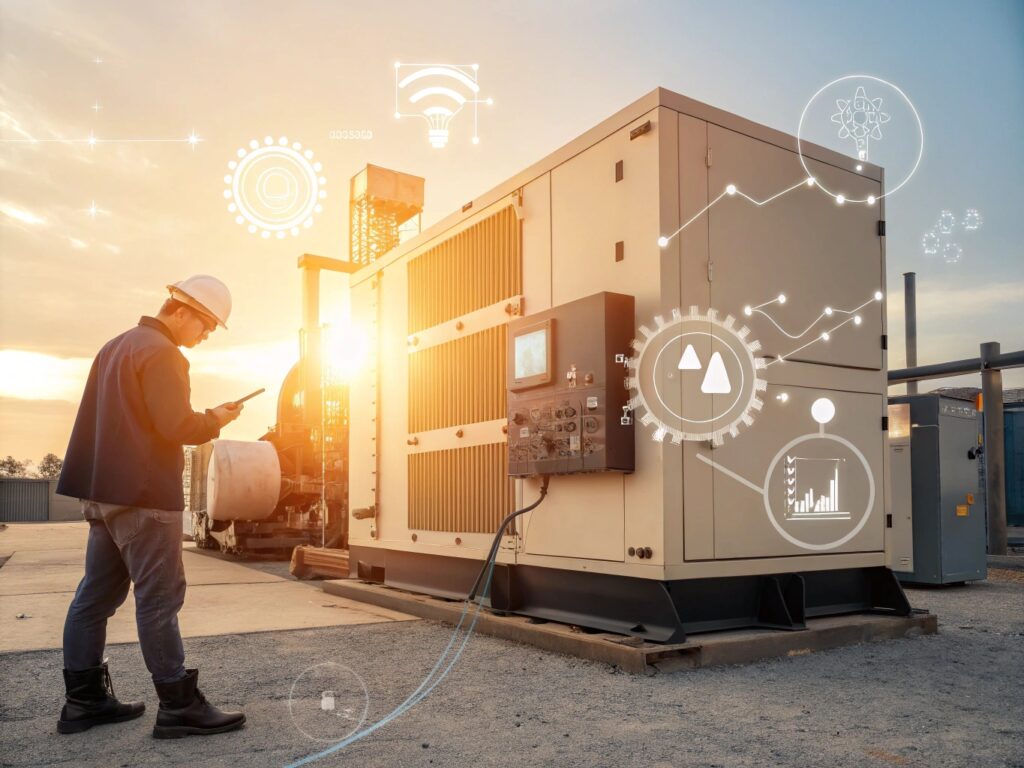
Are you avoiding automatic voltage regulators (AVRs) because of misconceptions? These myths can cost you efficiency and reliability. Let’s clear the air.
Generator AVRs aren’t unreliable or overly complex when understood properly. They are key to stable generator performance.
Many businesses miss out on maximizing their power systems due to AVR misconceptions. Let’s dive into the myths and facts.
Is it true that AVRs are too complicated to maintain?
AVRs often get labeled as overly complicated. But is that really the case?
AVRs are not inherently complex; they follow straightforward principles of voltage regulation.

Understanding AVR Basics
AVRs work by automatically adjusting voltage levels to maintain generator output. They use sensors and feedback loops, which are well-documented in most user manuals. Following maintenance schedules ensures reliability.
Simplified Maintenance Practices
- Regular inspections: Check for dust and wear.
- Calibration needs: Adjust settings only as per the manual.
- Troubleshooting tips: Look for simple error codes.
With proper upkeep, maintaining an AVR is as easy as maintaining other generator parts.
Do AVRs wear out quickly?
Some believe AVRs wear out too fast, but is this backed by facts?
High-quality AVRs are designed for durability and can last years with proper care.
Factors Influencing AVR Longevity
- Environmental conditions: Extreme heat or humidity accelerates wear.
- Quality of components: Original parts typically last longer than substandard replacements.
- Usage patterns: Frequent overloads can strain any electrical component, including AVRs.
Best Practices for Longevity
| Factor | Mitigation Strategy |
|---|---|
| Environmental risks | Install in controlled environments. |
| Overload issues | Avoid prolonged operation at maximum load. |
| Regular checks | Schedule quarterly system inspections. |
Investing in quality components and periodic maintenance ensures your AVR’s longevity.
Do you really need an AVR for your generator?
Some think AVRs are optional. Is this true?
AVRs are essential for stable voltage output and protecting sensitive equipment.

Why AVRs Matter
Without an AVR, fluctuations in generator output can damage equipment. Sensitive electronics rely on consistent voltage, and an AVR helps to provide it.
Examples of AVR Use Cases:
- Data centers: Avoid costly downtime.
- Construction sites: Protect heavy equipment.
- Hospitals: Ensure critical systems stay operational.
Using an AVR minimizes risks, making it a crucial part of any generator setup.
Conclusion
Generator AVRs aren’t complicated, short-lived, or unnecessary. With the right practices, they are invaluable for maintaining consistent power and protecting equipment.


